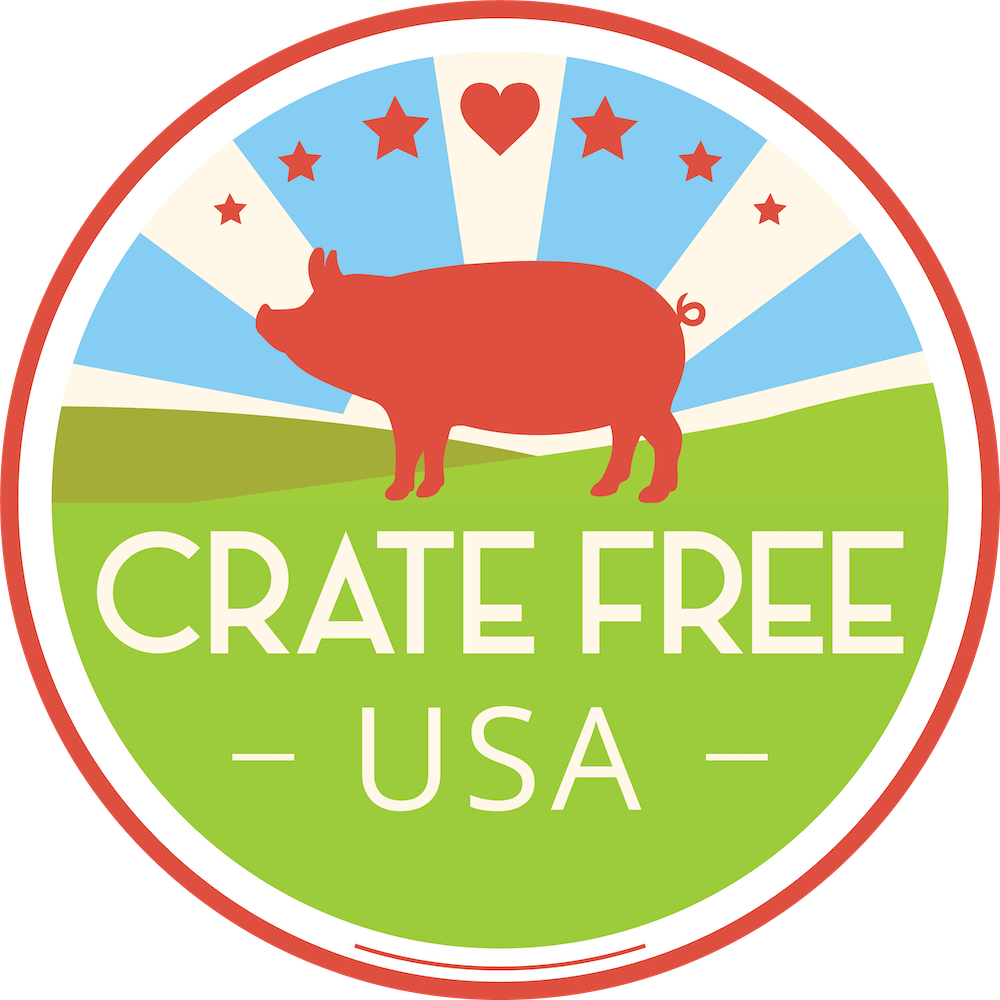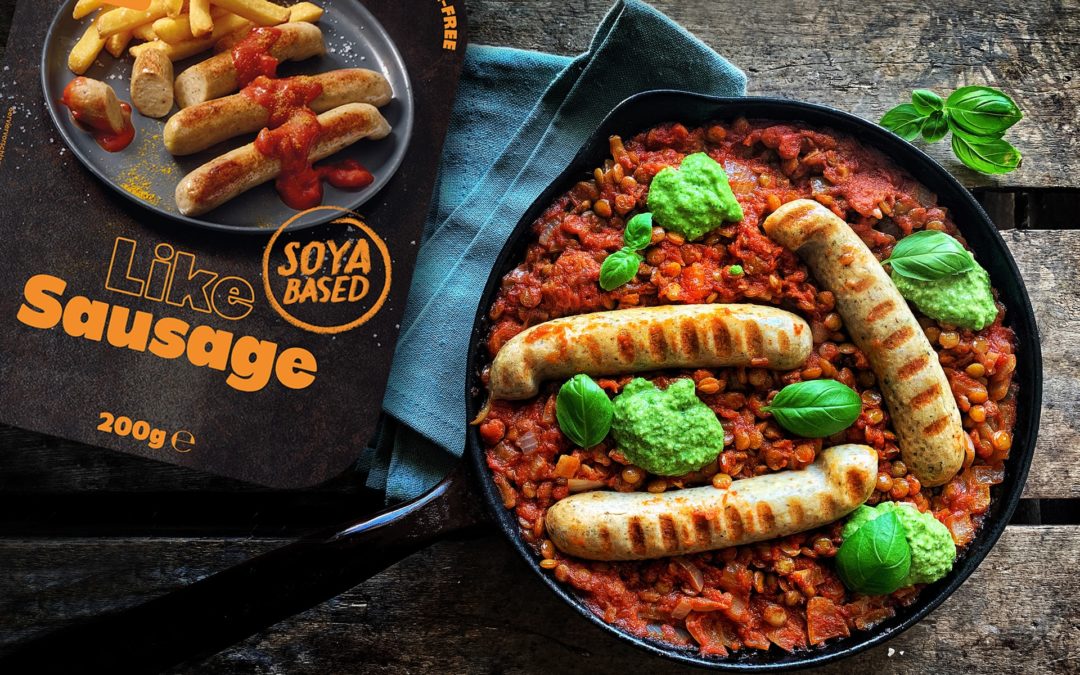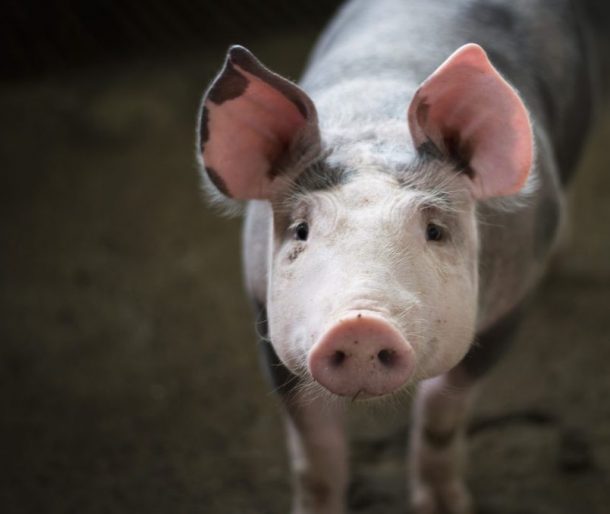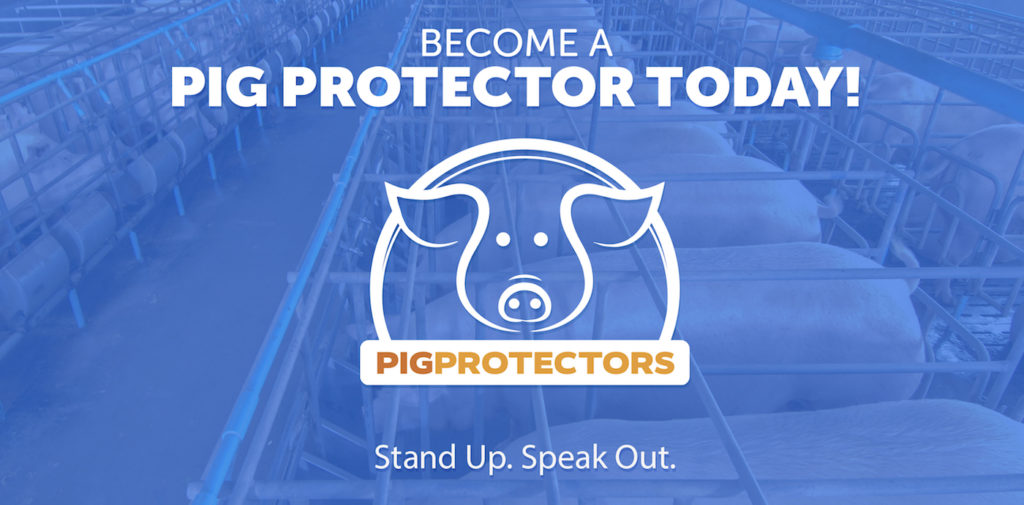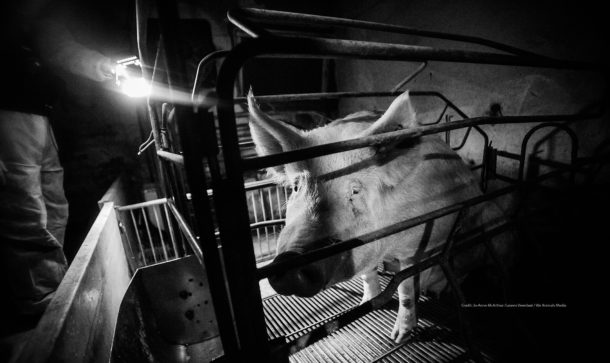If you’re a consumer of plant-based food products, you’re probably rejoicing at the relatively recent surge in the numerous and varied options that have been appearing in retail grocery stores everywhere. From items like “chicken” nuggets, to artisanal “cheeses,” and even your holiday “roast,” plant-based options are better tasting, and easier to find, than ever before. New products seem to appear on retailer shelves almost every day. Never have so many plant-based options been so widely available, and for vegan/plant-based eaters, this has been a welcome change. The explosion of meat-alternatives, in particular, is also especially appealing to organizations like ours that seek to encourage carnivores to reduce their meat consumption and to try new products.
Retailers Praised for Vegan Products
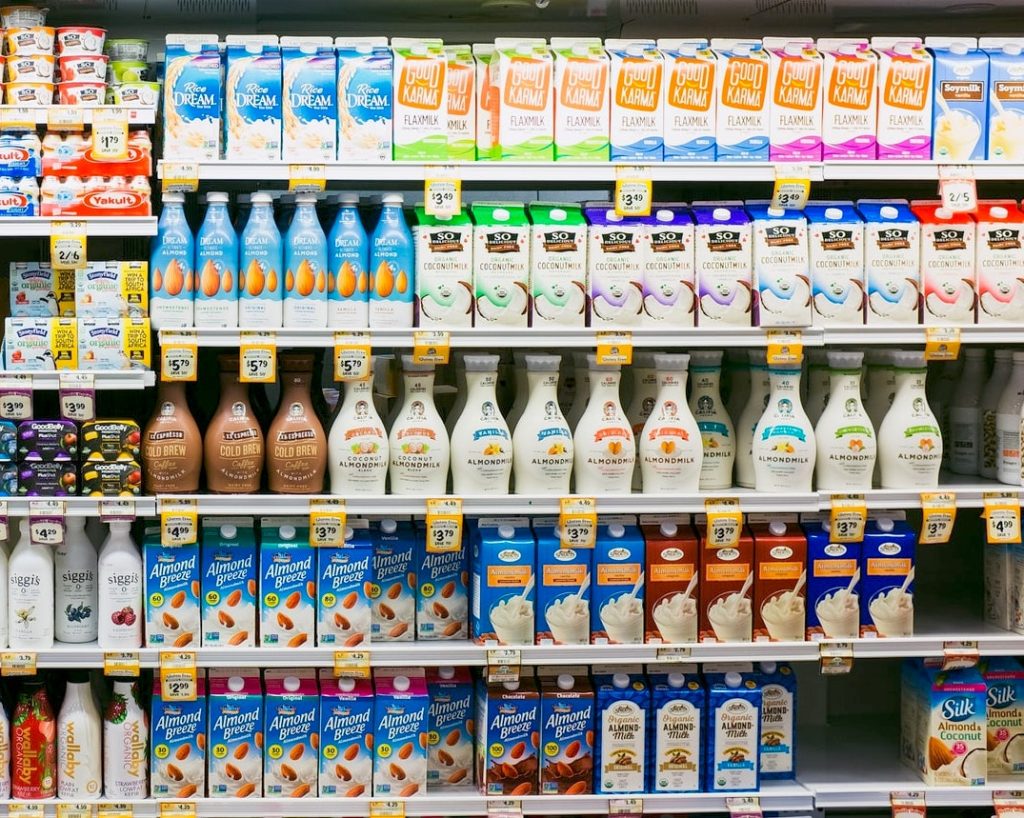
Organizations such as Peta, as well as plant-based companies like LiveKindly, have heaped praise upon such retailers and applauded these changes. Peta went so far as to recognize Aldi with their Top Grocer Award for their large selection of vegan food products. LiveKindly hailed Walmart as a “vegan shopping paradise.”
While carrying vegan products is a good thing, we think the thunderous applause is premature. Here’s why:
No Reduction in Meat Sales
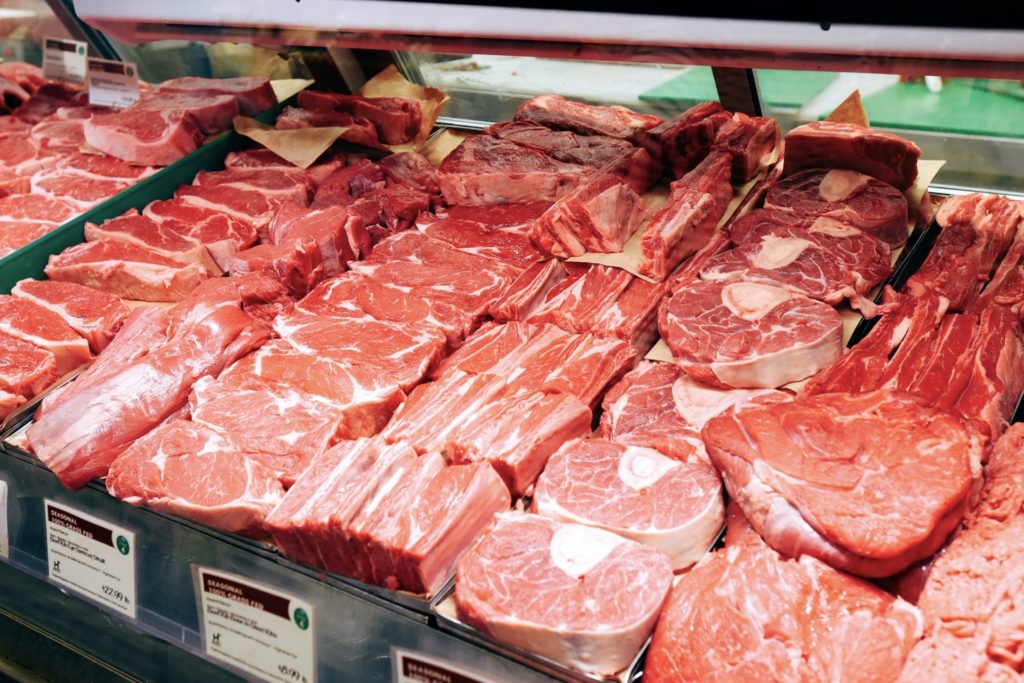
One thing that hasn’t changed enough is the impact the plant-based market has had on meat consumption. Despite the news that between 2019-2020, plant-based meat sales increased by a whopping 45%, the increase did not result in a reduction of meat sales. In fact, grocers are relieved by what the data shows. As reported by Farm Forward: “In early 2020, some grocers were heartened by data showing that sales of meat alternatives do not correspond to any decrease in sales of animal meat. A study of 108 stores released in mid-2021 confirmed that increased sales of meat alternatives were “not effective in reducing sales of meat products.” This fact is particularly dismaying, given that more than 99% of all meat consumed in the US comes from animals raised in factory farms with inhumane animal welfare practices.
Aside from making plant-based foods more readily available (with the added bonus of possibly enticing meat-eaters to try these foods), it begs the question:
Should we let store shelves stocked with vegan products blind us to the poor animal welfare standards of these retailers?
We think not.
Improvements Still Needed for Farm Animal Welfare
Crate Free USA’s mission is straightforward: reduce the suffering of animals on factory farms. As an advocacy organization with animal welfare at the front and center of our mission, we believe that a much bigger fix, that goes beyond offering a variety of plant-based foods, is needed in order to make any kind of significant improvements for factory farmed animals. That change needs to happen at the corporate policy level. Unfortunately, the policies that many retail grocers, like Aldi US, and fast-food restaurants currently have do not support the kinds of changes that result in any significant, meaningful improvements in the welfare of factory farmed animals. They are often weak in nature and imbued with “expectations” rather than commitments and requirements. Expecting your suppliers to eliminate gestation crates, for example, is vastly different from having a policy that requires them to do so.
No matter how great a new plant-based product offering tastes, there is nothing appetizing about the cruelty in the supply chains.
More Vegan Products Does Not Equal Better Animal Welfare
As consumers who are concerned about the treatment of animals raised for food, we cannot allow retailers like Aldi, Walmart and others, to pat themselves on their backs for their plant-based options, while simultaneously doing almost nothing to improve the animal welfare standards in their supply chains. Too much boisterous cheering and back slapping on this “progress” does little more than prop up the very same retailers that continue to allow the cruel practices of factory farming.
There is no denying that the rise in popularity and accessibility of plant-based food products is encouraging, but we also cannot let ourselves become distracted by shiny object syndrome. It is important for us to remember that the animals trapped in the factory farm system live lives of unrelenting misery as a result of the standard industry practices that are tolerated by most retailers. In terms of sheer numbers, they are the most exploited and least protected group of animals on the planet.
It is up to us to demand better for them.
True improvement in the lives of animals raised for food will require change at both the producer and seller levels , and unfortunately, as the data shows, a new brand of plant-based hot dogs is simply not enough on its own to effect that change. We must continue to request that our favorite grocery stores and restaurants implement policy change that is meaningful.
When grocery retailers finally commit to meaningful change that directly impacts the welfare of animals – like banning the use of gestation crates in their pork supply chain – we will be among the first and loudest to applaud.
How You Can Help
To learn more about how you can ask Aldi and Costco to do better by the animals from which they profit, please visit our Aldi Campaign and Costco Campaign pages.
For further information on how you can help improve the welfare of factory farmed animals, visit the Crate Free USA Take Action page, where you will find lots of ways, both big and small, to make a difference.
Sign up to become a Pig Protector to receive simple monthly actions you can take to help!
Author bio: Christy Slaby is a life-long animal lover who resides in Illinois. She has been involved in both companion animal and farmed animal advocacy for several years. Christy joined the Crate Free USA team as a volunteer Social Media Coordinator in October 2017.
